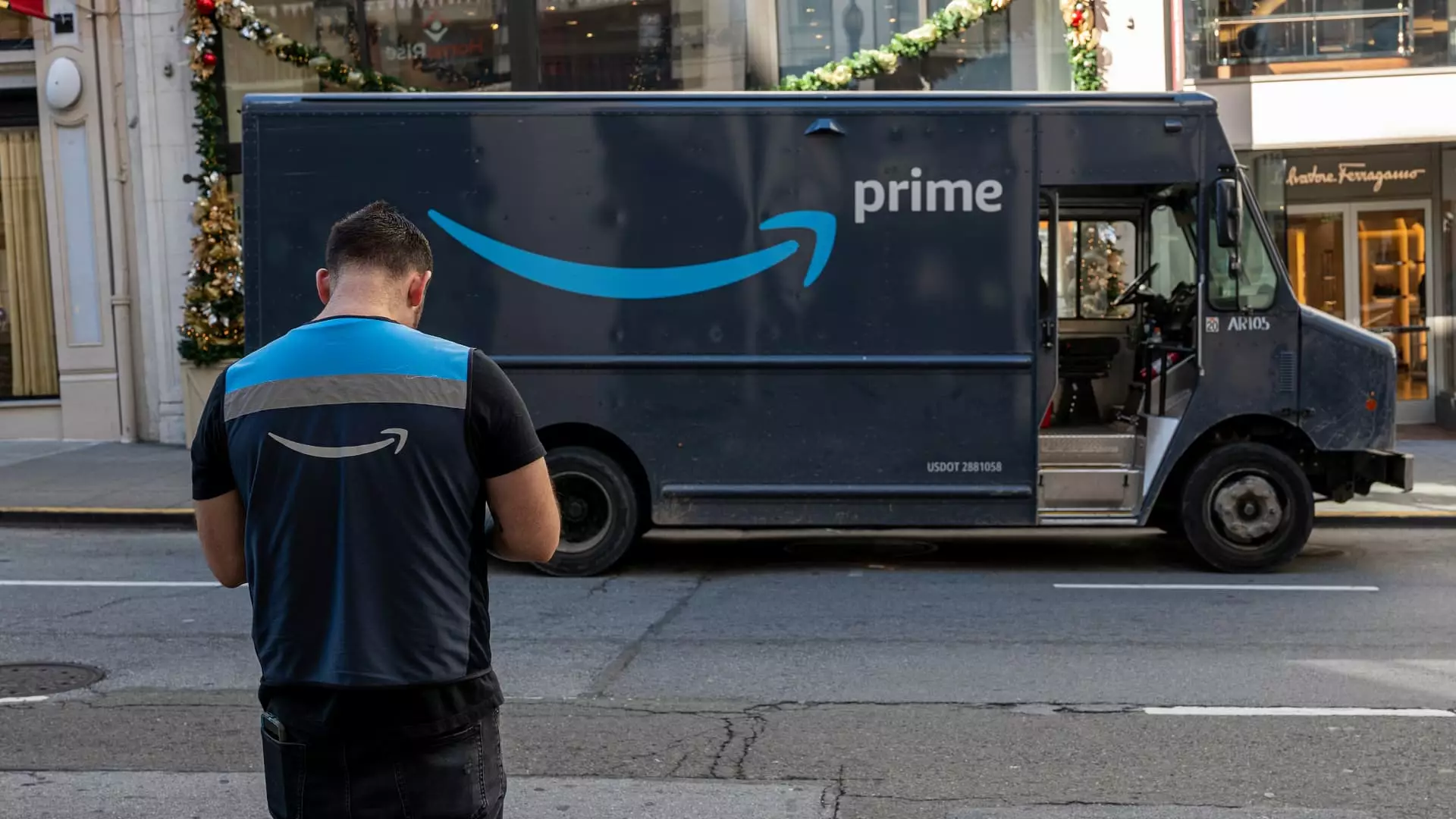The recent request from the Federal Trade Commission (FTC) to postpone its trial against Amazon in Seattle has raised eyebrows across the legal and business communities. At the heart of this dilemma lies an acute shortage of resources, a predicament that has become increasingly common as governmental agencies grapple with expanding responsibilities and dwindling budgets. During a status hearing, FTC attorney Jonathan Cohen argued for a two-month delay, citing staffing and budgetary constraints. But this request is not merely about extending deadlines; it unveils a troubling narrative about the operational viability of regulatory bodies tasked with overseeing colossal corporations like Amazon.
The FTC finds itself in a complex battle, where the stakes are far greater than just a trial date. With allegations of consumer deception and monopolistic practices hanging over Amazon, many might question how an agency facing internal turmoil can effectively address such serious accusations. Cohen’s admission that resource conditions could worsen raises a critical point: if the FTC is already struggling to mount a comprehensive case against a powerhouse like Amazon, what could this mean for regulatory oversight in an increasingly monopolized market?
Amazon’s Response: A Defense Against Delaying Justice
Amazon’s legal team, led by attorney John Hueston, has staunchly opposed the FTC’s request to delay the proceedings. Hueston’s assertion that the trial team remains intact suggests that while resource constraints affect the FTC, they do not automatically hinder Amazon’s ability to defend itself. This leads to a larger discussion about the imbalance in resources between tech giants and regulatory agencies. Amazon, with its vast financial resources, can afford to deploy a significant legal arsenal, while the FTC struggles under the weight of budget cuts initiated by government efficiency measures.
Hueston’s remarks about office moves being minimally disruptive highlight a potential insensitivity towards the real systemic challenges facing regulatory bodies today. Is it fair for a company to argue that a mere logistical shift should negate substantial resource shortages? This discourse unveils an uncomfortable truth: the scales of justice may be tipped in favor of well-resourced corporations, potentially undermining the regulatory framework that is meant to ensure fair competition and protect consumers.
The Broader Impact of Political Dynamics
Compounding the FTC’s challenges is the political landscape surrounding the agency. Following the appointment of Andrew Ferguson, a Trump appointee, in place of Lina Khan, the agency’s former chair known for her aggressive stance on antitrust issues, there is speculation about the future direction of regulatory enforcement. The FTC’s cases against Amazon are emblematic of a broader concern regarding the legitimacy and effectiveness of oversight in a rapidly evolving technological environment.
Khan’s previous claims of Amazon “tricking and trapping people” into unwanted subscriptions resonate with growing frustration among consumers who feel manipulated in their digital interactions. However, under Ferguson’s leadership, the FTC’s vigor and emphasis on holding substantial corporations accountable may wane, further affecting its capacity to push back against monopolistic practices. The implications of such political shifts extend beyond just this case; they could signal an era of reduced regulatory scrutiny, allowing giants like Amazon to flourish unchallenged.
The Future of Regulation in the Tech Era
The conversation surrounding the FTC and Amazon isn’t merely about a singular trial; it embodies a larger struggle for regulatory integrity and consumer protection in an era dominated by technological giants. As we witness the erosion of regulatory resources alongside the vast accumulation of power by big tech, questions arise about the future landscape of competition and consumer rights. With Amazon’s influence extending far beyond just retail, how do we ensure that powerful entities cannot shape policies in their favor, to the detriment of consumers?
The results of this trial could set significant precedents regarding the FTC’s capacity and willingness to combat corporate malfeasance. As tech industries become increasingly entwined with our daily lives, it is imperative that we advocate for a robust and adequately resourced regulatory environment to safeguard against practices that could ultimately undermine consumer trust and a fair marketplace. The implications of this case and the FTC’s broader role may well define the trajectory of regulatory efforts in the tech industry for years to come.

